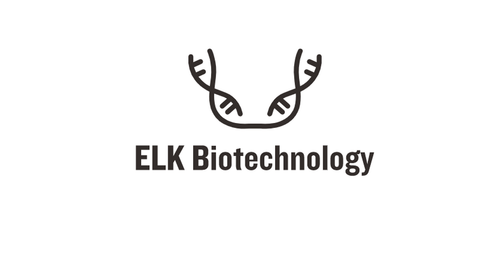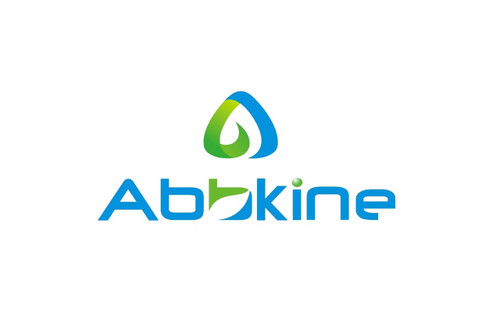Product Description
Rat Vitamin D3 (VD3) ELISA Kit | AE11747RA | Abebio
Species Reactivity: Rat (Rattus norvegicus)
Abbreviation: VD3
Alternative Name: N/A
Application: ELISA
Range: 4.94-400 ng/mL
Sensitivity: 2.14 ng/mL
Intra-Assay: ≤6.8%
Inter-Assay: ≤8.4%
Recovery: 1, 02
Sample Type: Serum, Plasma, Other biological fluids
Detection Method: Sandwich
Analysis Method : Quantitive
Test Principale: This assay employs a two-site sandwich ELISA to quantitate VD3 in samples. An antibody specific for VD3 has been pre-coated onto a microplate. Standards and samples are pipetted into the wells and anyVD3 present is bound by the immobilized antibody. After removing any unbound substances, a biotin-conjugated antibody specific for VD3 is added to the wells. After washing, Streptavidin conjugated Horseradish Peroxidase (HRP) is added to the wells. Following a wash to remove any unbound avidin-enzyme reagent, a substrate solution is added to the wells and color develops in proportion to the amount of VD3 bound in the initial step. The color development is stopped and the intensity of the color is measured.
Product Overview: The voltage-dependent anion channel (VDAC) of the outer mitochondrial membrane is a small, abundant outer membrane pore-forming protein found in the outer membranes of all eukaryotic mitochondria. The VDAC protein is thought to form the major pathway for movement of adenine nucleotides through the outer membrane and to be the mitochondrial binding site for hexokinase and glycerol kinase. Mitochondria expressing VDAC1 were capable of specifically binding hexokinase, whereas mitochondria expressing VDAC2 only bound hexokinase at background levels. Each human cDNA was expressed in essentially all human cell lines and tissues examined.
Stability: The stability of ELISA kit is determined by the loss rate of activity. The loss rate of this kit is less than 5% within the expiration date under appropriate storage condition. The loss rate was determined by accelerated thermal degradation test. Keep the kit at 37°C for 4 and 7 days, and compare O.D.values of the kit kept at 37°C with that of at recommended temperature. (referring from China Biological Products Standard, which was calculated by the Arrhenius equation. For ELISA kit, 4 days storage at 37°C can be considered as 6 months at 2 - 8°C, which means 7 days at 37°C equaling 12 months at 2 - 8°C) .
 Euro
Euro
 USD
USD
 British Pound
British Pound
 NULL
NULL








